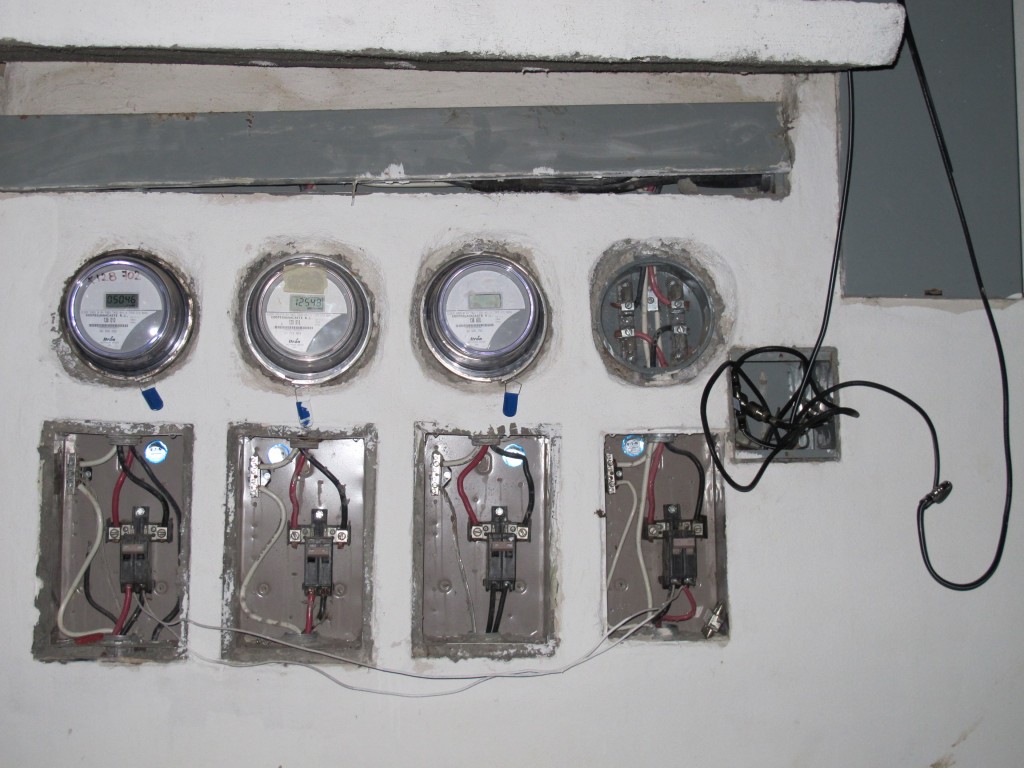When you think of bad Internet connections, remote locations with poor infrastructure and bad weather might come to mind. True, Internet access in exotic places isn’t always reliable, but we’ve had just as many connectivity issues in the U.S. as we’ve had abroad. We moved to New York City right after Superstorm Sandy, for example, and experienced a 2-day connection issue in Portland, Oregon. Heck, there were even a couple of power outages in San Diego when we worked from the corporate office. They sent the entire team of 700 employees home both times. The problem with access as a remote employee is that you’re tied to the office’s expectations. If they have a power outage, you get a free day. If you experience a disruption in service, your day just gets more stressful.
Even minor connection issues on your end can add up to big annoyances over time. To minimize these you should check your equipment and connection up front.
- Is your modem up to date?
- Is your router new?
- Is your connection password protected so that neighbors can’t piggyback on your service and slow down your load times?
- Do you have the package you signed up for?
- Do you have the fastest package available?
We had an issue with slow Internet in Costa Rica and discovered that we were sharing our Internet with the entire apartment complex. We discovered this only when we checked the less-than-safe wiring outside the building. We also learned that we’d been paying for our neighbor’s electricity, too.
While the steps above should help with your connection day to day, there’s little you can do to prevent a complete loss of power. It might be a tornado in the Midwest, an ice storm in the Northeast, or a hurricane in Honduras. No matter where you are, you should have a backup plan in place for such occasions. Here’s how to prepare for when the Internet goes down.
1. Upgrade Your Phone
Most people have smart phones these days but when Jordan and I first went remote, I did not have one. While I could do without a lot of the apps and gadgets back then (not so sure I could now), what I needed most was to access email from my phone. Having a smartphone came in handy almost immediately. We were housesitting in Portland, Oregon, when the Internet started going in and out (mostly out) for two days. I was able to stay connected to the office via email on my phone until we discovered that the coffee shop down on the corner still had Internet access.
With a smartphone you also have the option to create your own hotspot that you can connect to via your computer. It’s more costly but can help in a pinch.
2. Always Have Access to Work That Can Be Done Offline
Going without Internet for a little while could be a blessing in disguise. With fewer distractions you might be able to get more work done than if you were online. Working in content I always have a good amount of writing and editing that I can do offline. If pieces that need editing are sent over email, I save them to a folder on my desktop as soon as I receive them so that I can work on them without needing to access my email. If I have writing to do, I use my phone for any research and fact-checking that I didn’t get the chance to do before. No matter what industry you’re in, always have a few standby tasks that can be done offline, and make sure your files are in a place you can access without Internet.
3. Be Honest
Don’t try to hide the fact that you’re having connection problems. Let your boss and teammates know as soon as possible. Tell them what the problem is and how long you expect it to be an issue. Also let them know what you’re working on in the meantime. Assure them that you still have access to email via your phone and that they can always call if they need anything. As soon as you try to hide a problem, three more emerge. Just be honest and up front with everyone.
This gets a little more complicated when you’re out of the country, especially if you don’t have an international data plan on your phone. Your best bet is to keep working on whatever you can and let your boss know what happened as soon as you’re back online.
4. Check the Neighborhood
Just because your connection is out doesn’t mean everyone else is without Internet. Ask your neighbors and check your local coffee shops. You never know, you might get lucky.






Leave a Reply